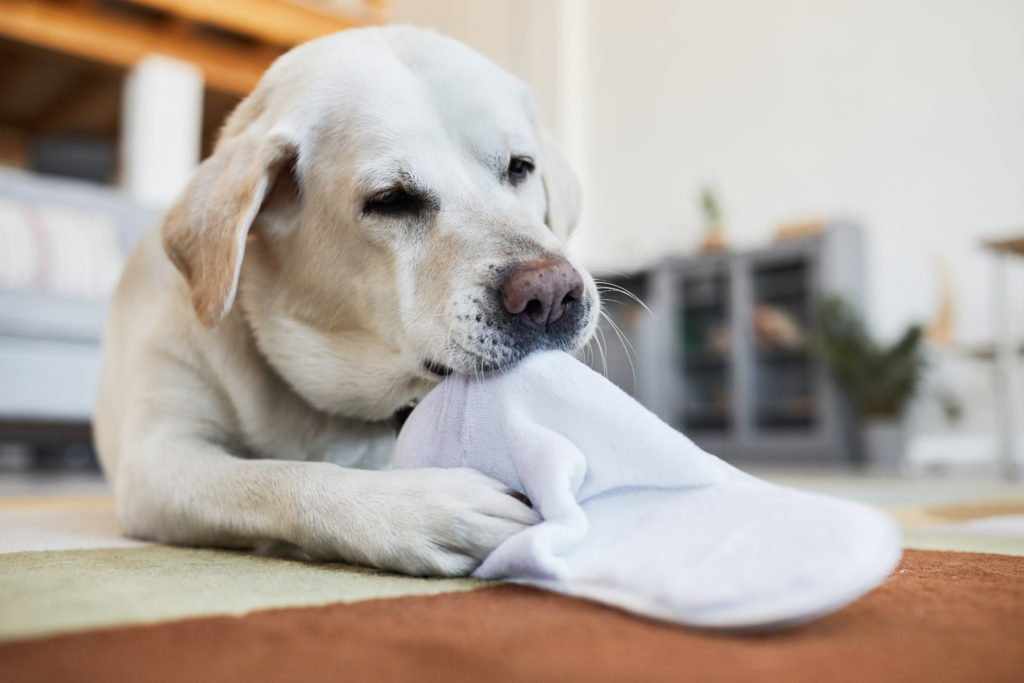Your dog is a raging barker, he eats your furniture or he runs out in the street.The bad habits we have can be anything from annoying to dangerous.
Dogs will challenge you no matter how much they love us. They can frustrate us and appear to be stubborn. Dogs can be frustrating and make us snap.
What exactly is Positive Training?
Positive dog training is based on the idea of rewarding our dogs with treats or praise when they do something right, rather than punishing them when they don’t.
You may be familiar with terms such as LIMA, which stands for least intrusive and minimally aversive. Other terms include reward-based and behavioral science-based.
The goal of positive training is to reduce the use of fear and force to train our dogs. That doesn’t mean anyone, including myself, is perfect. It also does not mean we should never lose patience or allow any negative consequences to occur. It doesn’t mean we should allow our dogs to do what they want.

The semantics don’t matter to the dog owner who wants his dog to be polite and learn some tricks.
It is my personal preference to not use techniques or tools that are based on pain and fear. Some examples are “shakers,” which is a can of penny shaken to startle a dog, or electric collars or shock collars. Others include spankings, prong or choke collars and chains, or hanging dogs by the collar as if it were a noose.
It is not my intention to influence anyone to adopt any of these tools and techniques. I am only here to provide assistance to those who are willing to take the time to study. Aversive training methods have not been proven to be more effective or less harmful than rewards-based techniques. They can also cause physical injuries to dogs.
How to change bad habits and unwanted behavior
We must first determine the cause of a certain behavior before we can change it.
The dogs repeat the actions which produce the desired result. It’s because we’re rewarding them in some manner that they do the things we dislike. We can often change behavior by teaching an alternative behaviour with a similar reward.
If your dog is known to chase squirrels and catch them, then the adrenaline rush and excitement that comes with catching the critter will be so strong, you won’t change her behavior simply by waving a treat around and telling her to sit.
Understanding what is going on inside your dog’s mind will help you remove any personal elements – “Oh no! My dog disobeys me!” – and create healthy, rewarding habits.
It can be as simple as reducing stress with playtime or using positive reinforcement such as treats. Or, it could mean setting boundaries through crate-training (your dog’s personal safe place).